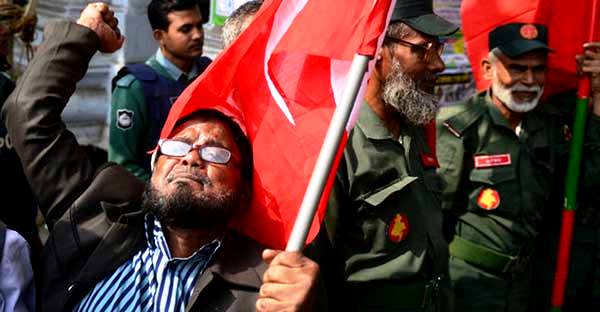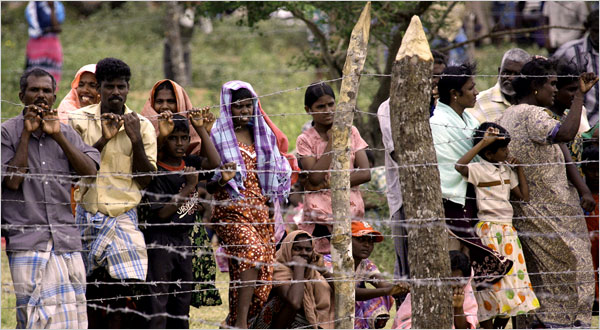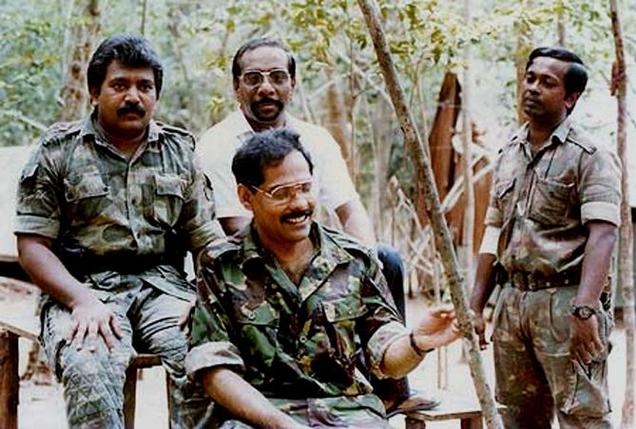A Justice Denied as Bangladesh Prosecutes War Crimes
Ronak D. Desai A special war crimes tribunal in Bangladesh sentenced an American…
Sri Lanka: Sinned or Sinned Against…
N.S. Venkataraman for BeyondHeadlines An internal United Nations Report is reported to have…
PM Singh Terms Grievances of Sri Lanka Tamils ‘Legitimate’
BeyondHeadlines News Desk New Delhi: Prime Minister Manmohan Singh today termed the…
Killing Rajiv Gandhi Was a Big Mistake: LTTE
BeyondHeadlines News Desk New Delhi: In a major development today, Kumaran Pathmanathan,…



